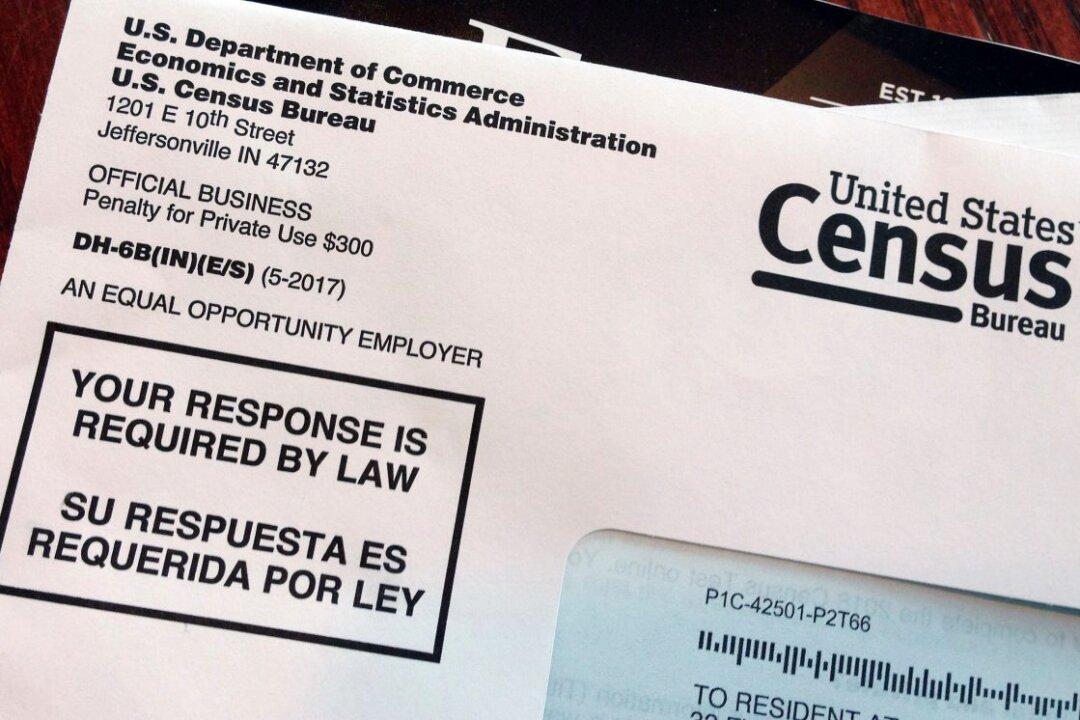President Donald Trump has asserted executive privilege over documents that address his administration’s plan to add a question about a person’s citizenship to the 2020 Census.
“These documents are protected from disclosure by the deliberative process, attorney-client communications, or attorney work product components of executive privilege,” Department of Justice Assistant Attorney General Stephen Boyd wrote in a letter June 12 to House Oversight and Reform Chairman Elijah Cummings (D-Md.) published by the left-leaning Axios website.





